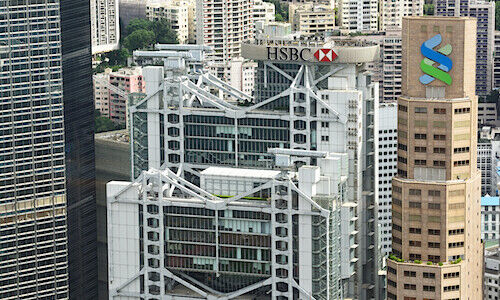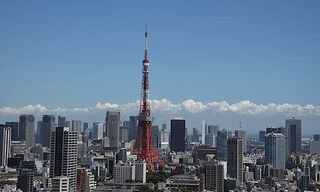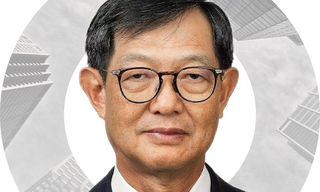British lenders HSBC and Standard Chartered will report their annual results this week. Loan losses from China’s ailing property sector will be a closely monitored area.
HSBC and Standard Chartered are set to report their annual results this week on February 21 and 23, respectively. A key area of risk that will be scrutinized is the impact from China’s property sector.
Chinese authorities have already stepped up efforts in the past few years to stabilize the market with various initiatives. In the latest, the country’s «big four» banks have committed at least 60 billion yuan ($8.3 billion) to support the completion of eligible real estate projects.
Overall Exposure
The two Asia-focused British lenders have been actively cutting related exposure in recent times. In 2023 alone, HSBC reduced exposure to China’s commercial real estate sector from $16.8 billion at end-2022 to $13.6 billion at the end of the third quarter. During the same period, Standard Chartered unloaded around $600 million in exposure to $2.7 billion.
Nonetheless, existing exposure has still weighed down on profitability. In the first nine months of 2023, HSBC and Standard Chartered recorded around $800 million and $264 million, respectively, in credit impairment charges linked to the sector.
Hang Seng Worries
At HSBC, worries have extended to its Hong Kong-headquartered subsidiary Hang Seng Bank. It is reportedly planning to tighten risk management at the local banking giant because of concerns about bad loans. This includes closer involvement by Hang Seng’s top executives in its parent’s Asia Pacific risk management discussions about corporate, retail, wealth and private banking.
In recent quarters, Hang Seng’s bad loan ratio has been on the rise, in part due to China’s property sector. According to its first-half results in 2023, gross impaired loans and advances as a percentage of gross loans and advances to customers was 2.85 percent, up from 1.92 percent a year earlier.
CEO Comments
The chiefs of both banks have reportedly made recent statements that may be a sign of things to come.
According to Standard Chartered CEO Bill Winters, «every big industrial transition has had a major depression» or «global financial crisis», commenting on China’s shift to a consumption-led economy. HSBC CEO Noel Quinn described the group’s performance last year as strong during an internal meeting, according to a «Bloomberg» report, though he warned of tougher times ahead.



























